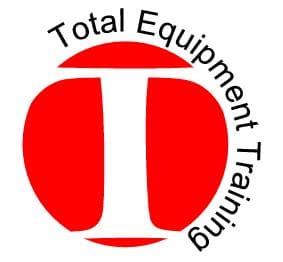This article was originally written over two years ago. Total Equipment Training has reviewed and updated the content to make it more accurate to the current data.
Rigger Qualifications and Certifications
Rigging is a critical part of construction and heavy industry, ensuring the safe lifting and movement of massive objects. Qualified riggers play a vital role in these operations, and their expertise is essential to prevent accidents and injuries.
Buy Qualified Rigger Training Resources
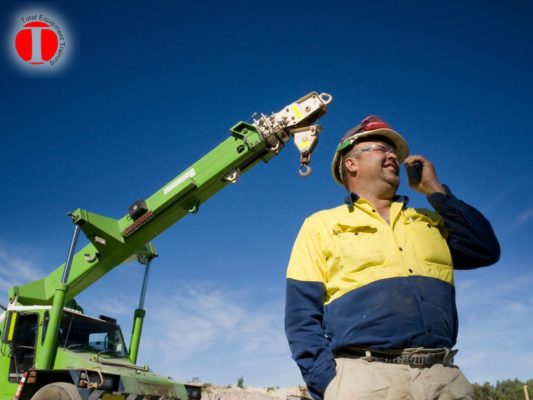
What Is a Certified Rigger 1?
OSHA defines a qualified rigger as someone with a recognized degree/certificate/professional standing, or extensive knowledge, training, and experience, capable of solving problems related to rigging loads. This encompasses formal certification or extensive on-the-job training and evaluation.
While not mandated by OSHA, rigger certification demonstrates competence and adherence to industry standards. Candidates must demonstrate competency through written and practical evaluations. Total Equipment Training offers resources to enhance your skills as a qualified rigger operator.
What Is Rigging?
Riggers are essential for safely lifting and maneuvering heavy loads. They attach cables or ropes to loads, ensuring they are properly balanced and stable. Riggers are proficient in selecting the right hitches and equipment, such as slings, shackles, and winches. They navigate through tight spaces and inspect equipment before, during, and after use. Additionally, they understand and mitigate potential hazards associated with each lift, ensuring clear communication and signaling during crane operations.
Total Equipment Training provides experienced rigger worker training to improve risk mitigation on your work site, although formal rigging certification isn’t mandatory by OSHA, it demonstrates competence and adherence to industry standards.
How to Become a Certified Rigger
To attain Rigger 1 Certification through the CCO, an individual must meet the following CCO Rigger requirements:
- Rigger Eligibility: Be at least 18 years old and have a high school diploma or GED.
- Rigger Training: Enroll in a rigger training program from an CCO-accredited organization.
- Rigging Examinations: Pass both written and practical rigger exams administered by an CCO-accredited organization.
Total Equipment Training has CCO Certified Riggers and Examiners on staff. Contact TET today to speak with our knowledgeable and experience staff about our rigger level 1 training materials or onsite group rigger training.
Rigger 1 Testing
Rigging Written Test
The CCO Rigger Level 1 Written Certification Test assesses your theoretical knowledge of rigging concepts. It consists of 60 multiple-choice questions to be answered within 60 minutes. The test covers the following domains:
- The Scope of the Rigging Activity
- Technical Knowledge
- Inspection
- Execution of Rigging Activity
Take a FREE CCO Rigger Level 1 Practice Test
Rigging Practical Test
The Rigger Level 1 Practical Certification Test evaluates your ability to apply the rigging skills you learned during training. Under the supervision of an examiner, you’ll complete a series of tasks that progressively increase in difficulty. These tasks focus on:
- Pre-use Rigging Inspection
- Rigging Hitches
- Rigging Connections
- Basic Knots
Onsite Company Training for Rigging
Rigger Re-Certification Test
Similar to most CCO certifications, Rigger 1 certification expires after 5 years. Recertification ensures riggers stay updated on current trends, developments, and regulations in crane operations.
To be eligible for recertification, candidates must complete all requirements at least 12 months before their certification expiration. Recertification involves complying with CCO’s Substance Abuse Policy and Code of Ethics, and passing a written exam.
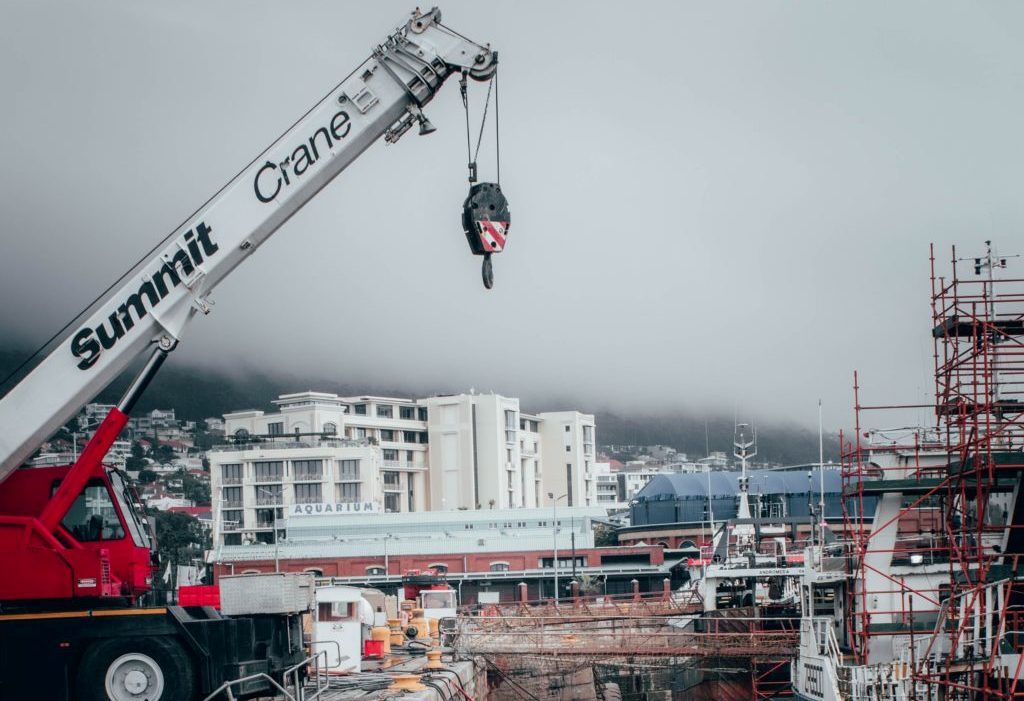
Rigging Safety
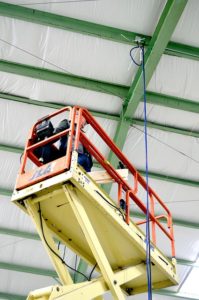
Rigging Equipment

Rigger Testing and Inspection

Common Rigger Tools
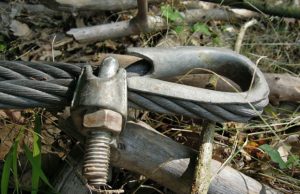
Comprehensive Rigging Solutions from Total Equipment Training
At Total Equipment Training, we offer a range of resources to support your journey in rigging safety and certification.
- Take advantage of our free online rigger practice test to assess your knowledge.
- Continue to explore our blog, filled with industry-related content to enhance your understanding of heavy equipment.
- Purchase heavy equipment training manuals and practice tests to prepare for certification exams.
- Consider scheduling in-person heavy equipment group training for your company, led by our expert instructors with over 60 years of combined experience.
- Additionally, explore our online training courses for convenient learning opportunities.
Contact us today to take the next step in advancing your rigging skills and ensuring safety on your work site!
